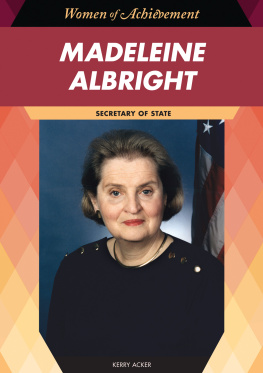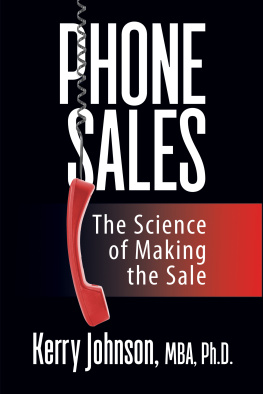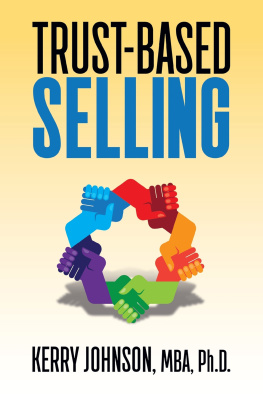Window seat view of Mount Fuji, Honshu, Japan, August 8, 2015.
EPILOGUE
US SENATOR PAUL TSONGAS walked into the Massachusetts Statehouse on January 13, 1984, with a surprising announcement: He wasnt going to seek a second term the coming fall because hed been diagnosed with cancer.
The decision was a shock to voters but an unexpected opportunity for a group of politicians eager to succeed him. The scramble for a coveted Senate seat alongside Edward M. Kennedy, the famed Democrat also representing Massachusetts, was eventually won by John Kerry, the states lieutenant governor.
When Tsongas was finally ready to leave office, he had another surprise. He resigned January 2, 1985, the day before the incoming congressional class was to be sworn in, so Lieutenant Governor Kerry could take office twenty-four hours before his fellow freshmen.
That minor boost in seniority launched John Kerry on a congressional career that would continue through four reelection campaigns. During a span of nearly thirty years, hed emerge not only as the Democrats 2004 presidential nominee, but, toward the end of his time in elective office, as an unofficial foreign affairs emissary for Barack Obama, his former Senate colleague and the newly elected president of the United States.
Kerry also rose to the role of chairman of the Senate Foreign Relations Committee, the same panel the Navy veteran addressed in 1971 as a Vietnam War opponent.
The blend of experience on the national and international stages, plus a measure of gratitude for Kerry selecting him to deliver the keynote address at the 2004 Democratic National Convention, prompted President Obama to nominate him to be the countrys sixty-eighth secretary of State.
In a sense, Johns entire life has prepared him for this role, the president said on December 21, 2012. Kerry and his wife, Teresa Heinz Kerry, were standing next to him and Vice President Joe Biden at the White House.
I think its fair to say that few individuals know as many presidents and prime ministers, or grasp our foreign policies as firmly as John Kerry, the president added. And this makes him a perfect choice to guide American diplomacy in the years ahead.
_________
ON JUNE 12, 1985, six months after John Kerry began his Senate career, I strode across an outdoor stage at Lawrence University in Appleton, Wisconsin, ready to receive my bachelor of arts degree. In a last attempt for a laugh, Id used athletic tape to spell out the words Hi Mom on my mortarboard.
While the school prided itself on its liberal arts tradition, not teaching for jobs but how to learn to learn, Id majored in government and focused on English with the specific purpose of preparing myself for a career in journalism.
The aspiration had come circuitously. As a middle schooler growing up north of Boston, I won a free-throw-shooting contest during a practice for my youth basketball team. My coach, Rick Harrison, was a sportswriter for The Sun of Lowell, Massachusetts, and he promised to take the two top finishers to a Boston Bruins game he had to report about the following week.
When that night arrived, I sat in the rollicking Boston Garden, practically hanging out over the ice in a press box bolted to the face of a balcony. Afterward, I waited outside the steamy Bruins locker room as my coach was inside, interviewing Bobby Orr and other players about the nights game.
The experience was transformative. Imagine, I thought: a job where you get a literal front-row seat to history and the chance to meet with and speak to famous people, before telling everyone else all about it.
From that day on, my career was charted.
Over the years Kerry worked his way up the ranks of seniority in the US Senate, I did the same on the ladder of journalism.
First it was the City News Bureau of Chicago, which spawned famed city columnist Mike Royko and novelist Kurt Vonnegut. Then The Salem Evening News in Salem, Massachusetts, which has a broom-riding witch in its logo evoking its historical past. Then the Lowell Sun itself, where I became one of Rick Harrisons coworkers. Finally, the major leagues: the Associated Press and The Boston Globe twice eachworking for both in Boston and Washington.
On January 15, 2013, I was a fifty-year-old reporter sitting at my desk in the Globe s main newsroom when my cellphone rang. On the other end was Kerry, asking if we could have a private conversation. The senator promised the exchange would be lost to posterity if I didnt like what he said. Intrigued, I stepped into a nearby conference room and closed the door as the senator began to speak.
_________
ALMOST FIFTEEN YEARS EARLIER, on April 28, 1998, Id arrived at the Museum of Flight in Seattle for a reception kicking off a two-day aviation safety conference put on by the Boeing Company. I was the APs national transportation writer at the time.
Entitled Airplanes 101, the conference was aimed at aviation correspondents and devised to teach us about the safety enhancements engineered into Boeing airplanes. It was a none-too-subtle effort to influence our writing, should one of the companys planes ever crash.
















